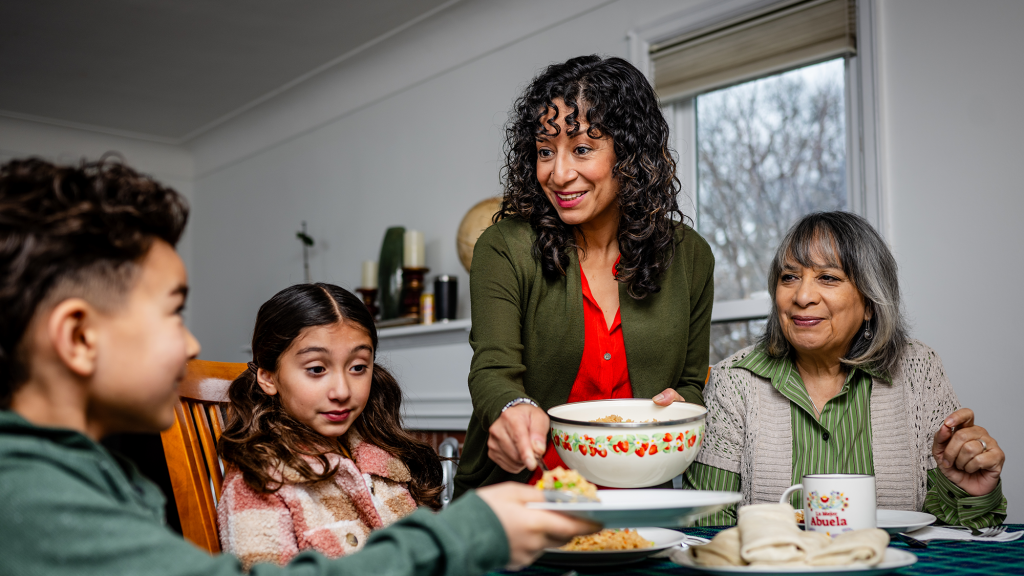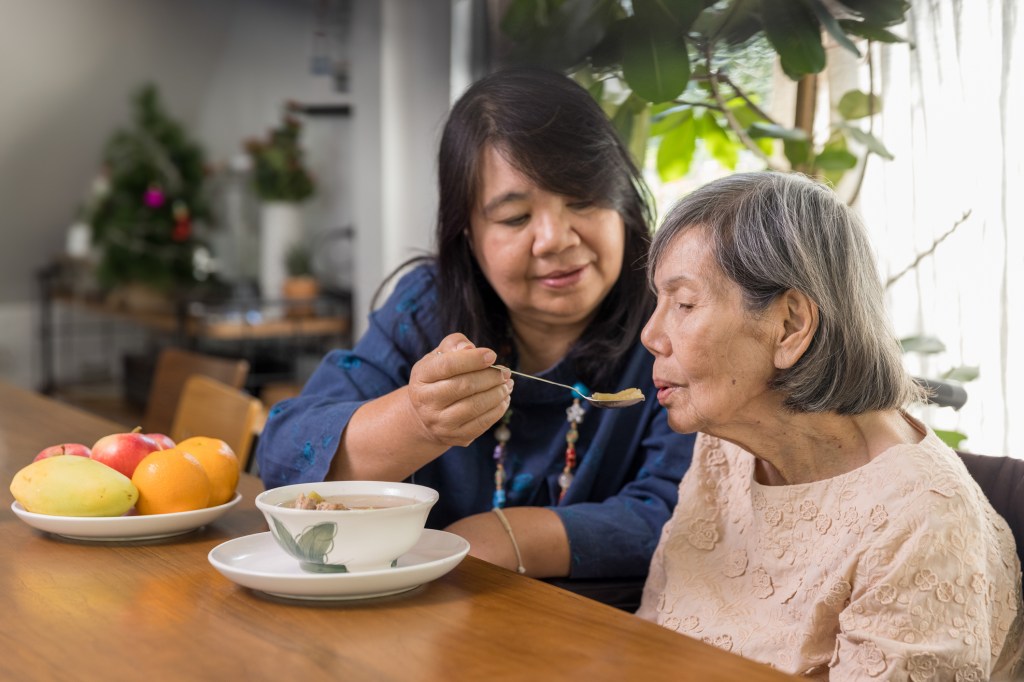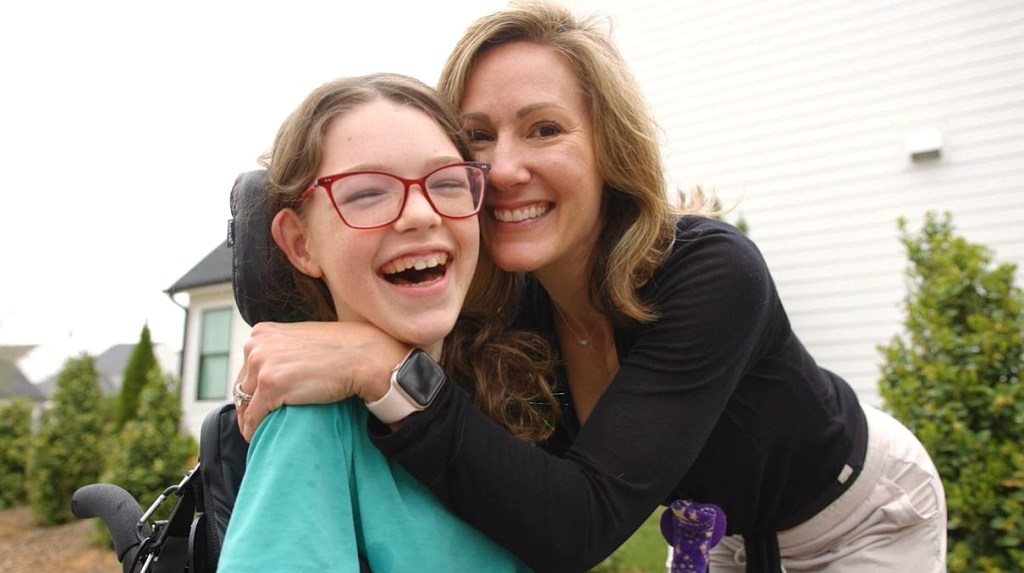
Encouraging Family Caregivers to Self-Identify as Caregivers
The First Step in Family Caregiver Integration: Identifying and Recording Information on Family Caregivers
As we discussed in this post, it’s not always easy for healthcare providers and organizations to identify and recognize family caregivers, in part because neither those receiving care nor their family members may identify family as “caregivers.” We are, after all, first and foremost, family who see ourselves as daughters and sons, caring for the person who cared for us. For health care professionals, it may also not yet be routine to ask a patient if there is someone who helps with their daily care. The passage of the CARE Act (Caregiver Advise, Record, Enable) Act in 40 states has helped propel discussions, as hospitals and other organizations in these states are now asking questions to help identify family caregivers and ensure their inclusion in the appropriate health care records. Best practices include making the following activities part of routine interactions with patients and their families:- Asking patients for permission to talk to family members to learn about caregiving needs and routine.
- Incorporating a caregiver assessment to ensure providers understand what a family caregiver is able and willing to do.
- Asking which family members should be involved in advanced care planning conversations.
More insights like this:
-

What is the South Dakota Medicaid HOPE Waiver?
Read more: What is the South Dakota Medicaid HOPE Waiver?The Home and Community-Based Options and Person Centered Excellence (HOPE) Waiver is a Medicaid waiver program supporting care for nursing home-eligible individuals in non-nursing home settings with the goal of reducing costs. The program makes it possible for qualifying elderly recipients to remain in community settings, such as their own homes or independent…
-

Get Paid to Be a Caregiver Through Connecticut Medicaid
Read more: Get Paid to Be a Caregiver Through Connecticut MedicaidFamily caregivers improve the quality of life and well-being of their loved ones across Connecticut. They often provide around-the-clock care at home including hands-on support with activities of daily living (ADLs), all while ensuring the health and safety of their loved one. Many caregivers don’t realize they can receive payment and support for…
